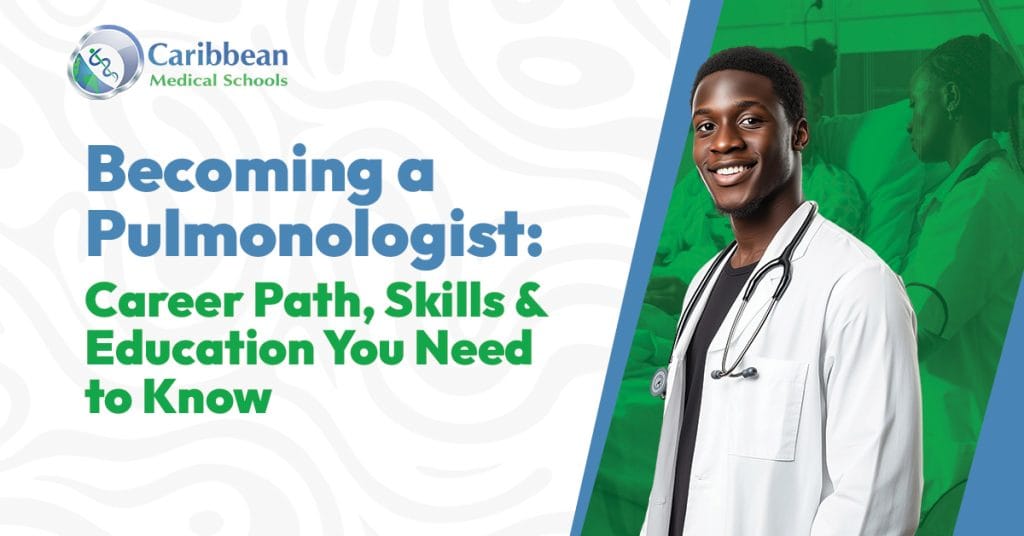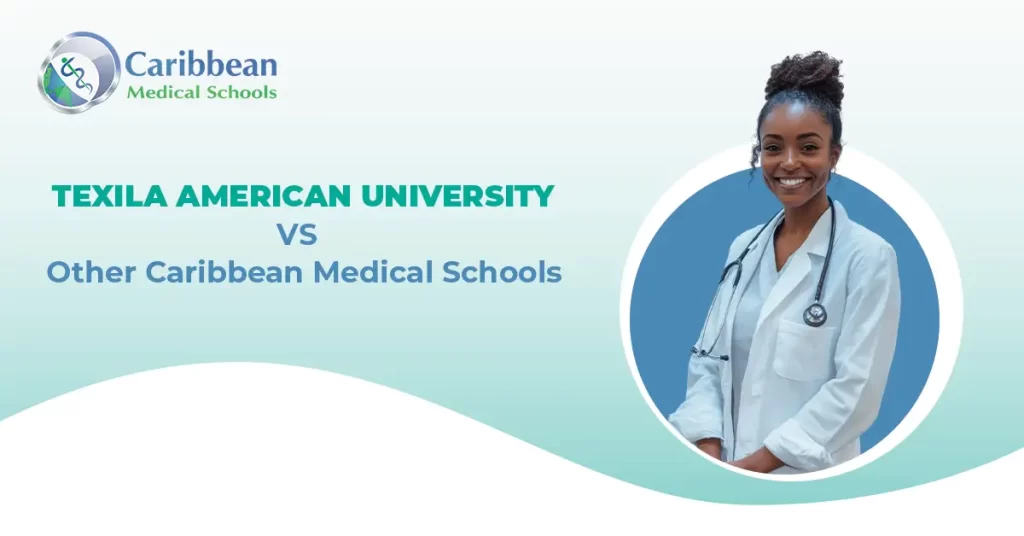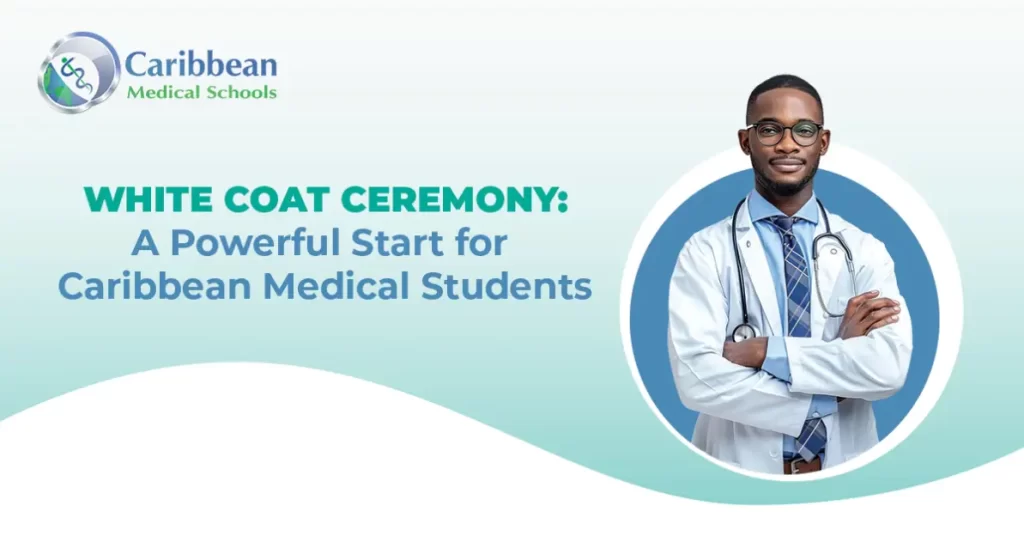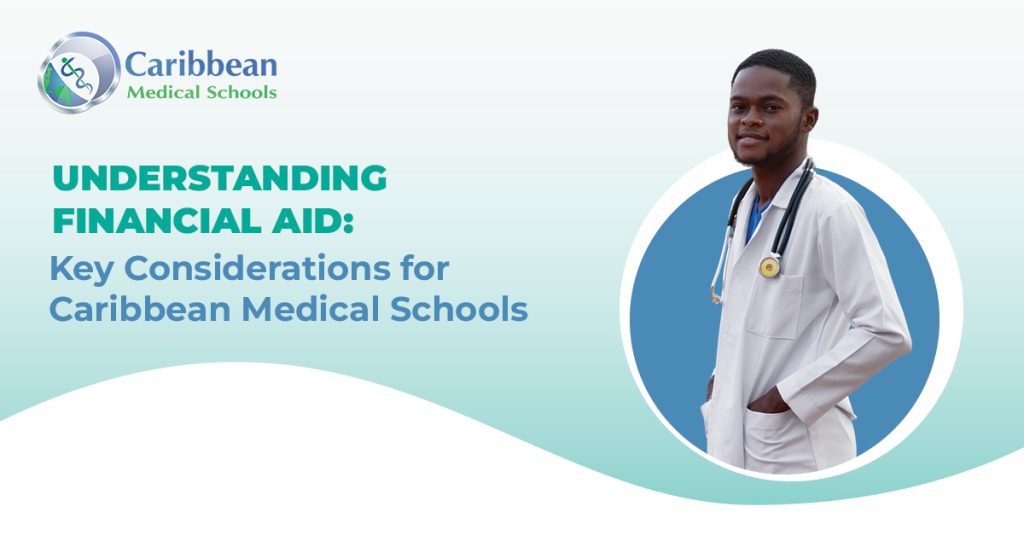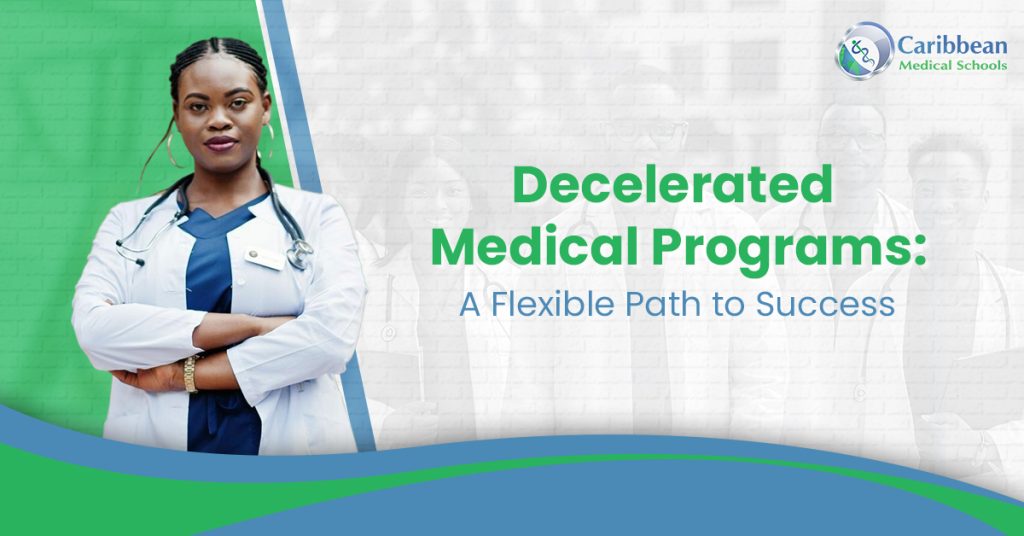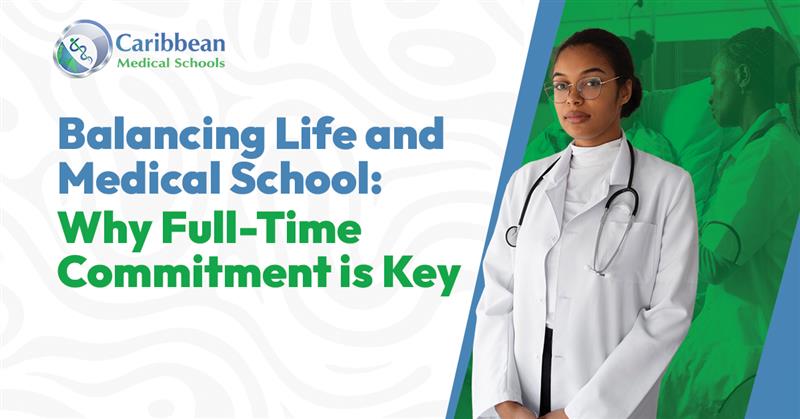Blog Summary
Starting medical school in the Caribbean is an exciting yet challenging journey. To ensure a successful first year, it’s important to adopt effective practices early on. Begin by thoroughly researching your school and island to ease your transition. Establish a consistent study routine and make use of study groups and school resources to stay on top of your coursework. Prioritize self-care by maintaining a healthy diet, exercising regularly, and getting enough sleep. Engage in campus activities, join clubs, attend events, and network with upperclassmen to enrich your experience. Building strong relationships with professors through office hours and class participation is also crucial. Embrace the local culture by exploring the island, learning about local customs, and volunteering in the community. Stay organized by using planners or digital calendars and managing your finances wisely.
Table of Contents
Introduction
Starting medical school is a significant milestone, and when that school is in the Caribbean, the experience is even more unique and exciting. Caribbean medical schools offer an excellent education, but transitioning to a new country and a demanding academic environment can be challenging. The first year is crucial as it sets the foundation for your medical career. Here are seven effective practices to ensure you have a successful and fulfilling first year in Caribbean medical school.
Prepare Before You Arrive
Research Your School and Island
Before you set foot on the island, conduct thorough research about your accredited Caribbean medical school and the local area. Understand the curriculum, faculty, and facilities available at the institution. Familiarize yourself with the island’s culture, climate, and daily living conditions. Knowing what to expect can help alleviate anxiety and facilitate a smoother transition.
Get Your Documents in Order
Ensure all your paperwork, including visas, medical records, and academic transcripts, is organized and up-to-date. Having your documents in order will help avoid last-minute stress and ensure a smooth enrollment process.
Establish a Study Routine Early
Create a Study Schedule
Medical school is demanding, and managing your time effectively is crucial. Create a study schedule that includes time for classes, studying, and breaks. Consistency is critical to staying on top of your coursework and avoiding burnout.
Find Study Groups
Joining study groups can provide support and enhance your learning experience. Study groups offer different perspectives on the material, help clarify complex concepts, and provide motivation.
Utilize School Resources
Make the most of the resources offered by the best Caribbean medical schools, such as libraries, tutoring centres, and academic advisors. These resources are designed to support your success, so utilize them to their fullest potential.
Prioritize Self-Care
Maintain a Healthy Diet
Maintaining energy and focus requires a healthy diet. Strive to incorporate diverse fruits, vegetables, lean proteins, and whole grains into your meals. Avoid relying too much on fast food, which can be tempting but detrimental in the long run.
Exercise Regularly
Participating in physical activity is an excellent way to alleviate stress and maintain mental acuity. Whether you run, join a gym, or practice yoga, find an exercise routine you enjoy and can stick with.
Get Enough Sleep
Getting enough sleep is essential for both cognitive function and overall well-being. Aim for at least 7-8 hours of sleep per night. Establish a nightly routine that aids relaxation and unwinding following a hectic day.

Get Involved in Campus Activities
Join Clubs and Organizations
Participating in extracurricular activities is a great way to make friends and enrich your medical school experience. Look for clubs and organizations that match your interests and goals.
Attend School Events
School events are an excellent opportunity to network, learn, and unwind. To maximize your time on campus, attend lectures, workshops, and social gatherings.
Network with Upperclassmen
Upper-level students can offer invaluable advice and insights. Don’t hesitate to contact them for guidance on courses, professors, and life on the island.
Develop Strong Relationships with Professors
Attend Office Hours
Take advantage of your professors’ office hours to ask questions, seek clarification, and discuss your progress. Building a rapport with your professors can benefit your academic and professional development.
Participate in Class
Engaging actively in class can deepen your grasp of the material and showcase your dedication to learning. Embrace opportunities to ask questions and participate in discussions without hesitation. Feel free to inquire and participate actively in discussions.
Seek Feedback Regularly
Request feedback on your assignments and exams to understand your strengths and areas for improvement. Receiving constructive feedback is essential for ongoing growth and achievement.
Embrace the Local Culture
Explore the Island
Take time to explore the beautiful surroundings of your new home. Whether hiking, visiting local markets, or enjoying the beaches, immersing yourself in the island’s beauty can be refreshing and rewarding.
Learn About Local Customs
Appreciating and honouring local customs and traditions can enhance your experience and facilitate your integration into the community. Take the opportunity to learn about the island’s history and cultural practices.
Volunteer in the Community
Volunteering is a great way to give back and connect with the local community. Look for opportunities to get involved in local health initiatives or community projects.
Stay Organized
Use a Planner or Digital Calendar
Staying organized is critical to managing the demands of medical school. Use a planner or digital calendar to effectively manage and keep track of your schedule, assignments, and deadlines.
Keep Track of Assignments and Deadlines
Stay on top of your coursework by keeping a detailed record of all assignments and their due dates. Dividing big tasks into smaller, more manageable parts can reduce their overwhelming nature.
Manage Your Finances Wisely
Living in a new country can come with unexpected expenses. Developing a budget is essential for effectively managing your finances and preventing unnecessary stress. Look for student discounts and affordable options for necessities.
Conclusion
Your first year in Caribbean medical school is a learning, growth, and adaptation journey. By preparing well, establishing good habits, and embracing the unique opportunities available, you can set yourself up for success. Remember to balance your academic responsibilities with self-care and exploration, and don’t hesitate to seek support when needed. Here’s to a successful and rewarding first year!
FAQ
What core subjects are covered in the first year of Caribbean medical school?
In the first year, students typically cover foundational subjects such as Anatomy, Physiology, Biochemistry, Histology, and Embryology. These courses provide a crucial understanding of the human body and its functions, forming the basis for more advanced medical studies.
How are courses structured in Caribbean medical schools?
Courses are usually modular, each focusing on a specific system or aspect of medical science. This approach allows students to comprehensively understand each topic before moving on to the next. Lectures, laboratory sessions, and clinical skills training are commonly integrated into the curriculum.
What types of assessments are used in the first year?
Assessments typically include written exams, practical exams, quizzes, and assignments. Some schools also incorporate Objective Structured Clinical Examinations (OSCEs) to evaluate students’ clinical skills. Regular assessments help students grasp the material and prepare for future challenges.
Are there opportunities for hands-on experience in the first year?
Yes, most Caribbean medical schools incorporate hands-on experience into their first-year curriculum. This can include laboratory work, anatomy dissection sessions, and introductory clinical skills training. These practical experiences are essential for reinforcing theoretical knowledge and developing clinical competencies.
How can I succeed in my first-year courses?
To succeed, it’s crucial to establish a consistent study routine, actively participate in lectures and labs, and utilize available resources such as tutoring centres and study groups. Supporting your academic performance and overall well-being involves maintaining a balanced lifestyle incorporating proper nutrition, regular exercise, and adequate rest.



